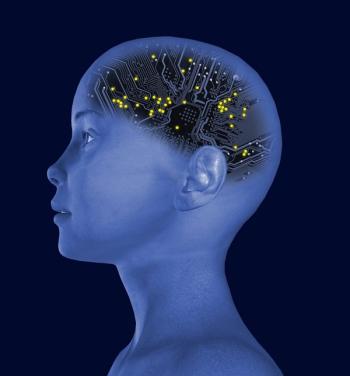
While most clinicians know about Huntington disease, they may not be aware of its devastating effect in cognition and behavior during onset in childhood and adolescence.

While most clinicians know about Huntington disease, they may not be aware of its devastating effect in cognition and behavior during onset in childhood and adolescence.
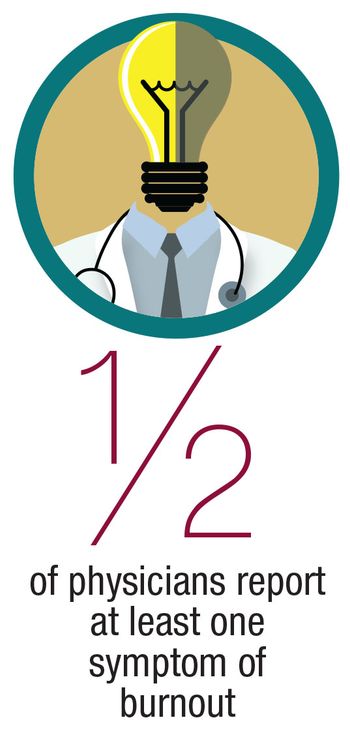
Drained physicians who don't practice self care may harm themselves and their patients. Here's one way to take a breather.
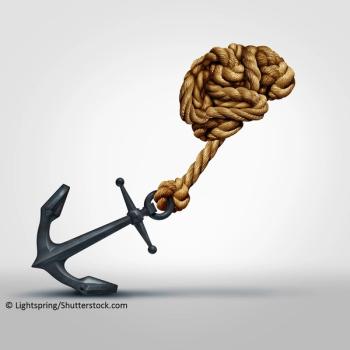
After a campus suicide, who is at increased risk of suicide in the near future? The answer might surprise you (or not).

Both the literature and clinical experience point to considerable risk in discontinuing antipsychotic treatment, for many chronically psychotic patients. Here's why.
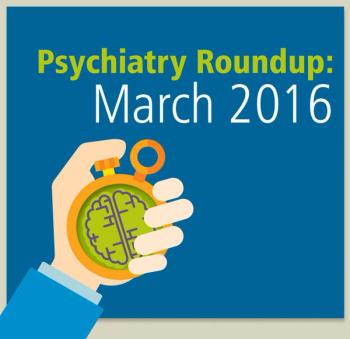
Editors' choices of noteworthy psychiatry stories from around the Web: genetics of schizophrenia, Alzheimer disease, the perils of mixing prescription and over-the-counter medications, new guidelines for treating pain with opioids, and other topics.
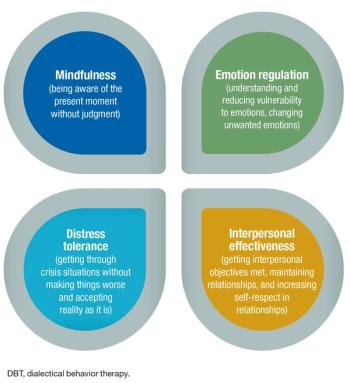
The latest research on DBT for treating psychiatric disorders, such as ADHD, bipolar disorder, eating disorders, and depression.
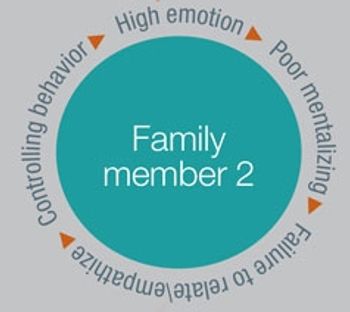
MBT presents a compromise to bridge the valuable history of psychoanalytic ideas to both modern psychiatric research as well as present public health needs and practice.
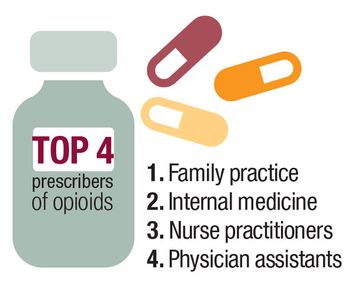
The involvement of a psychiatrist early in the care of patients addicted to opioids may prevent further abuse. Here's why.
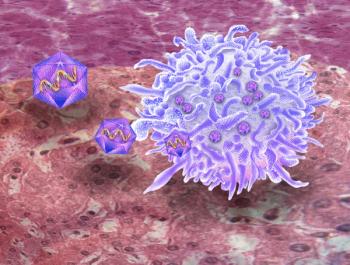
Because over half of persons with HIV infection have a lifetime history of depression or bipolar disorder, psychiatrists are uniquely positioned to provide both preventive and therapeutic interventions to vulnerable patients.

For a change, here is some very good news coming from several fronts. "It’s almost like science fiction, but it’s real."

Setting the record straight on the burgeoning field of reproductive psychiatry.
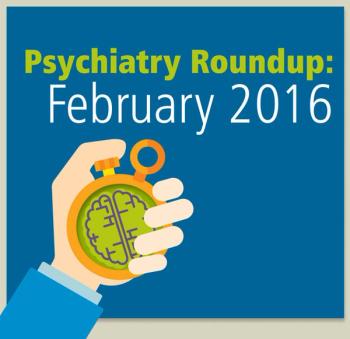
This month's editors' picks include controversial topics-euthanasia, "conversion therapy," genius and madness, and more.

We can teach patients a lot about the biopsychosocial causes of depression-even in 5 minutes.
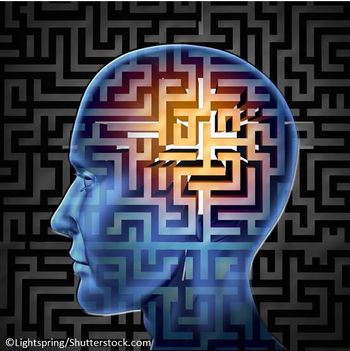
ECT has been an acute intervention for patients with severe resistant MDD, but what is its effect on brain volume?
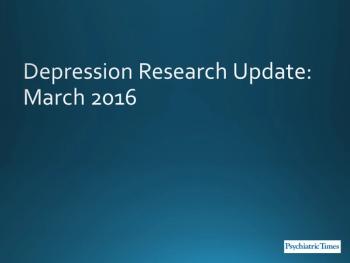
The guidelines and research discussed in this slideshow assess the benefits of various therapies for depressive disorders.
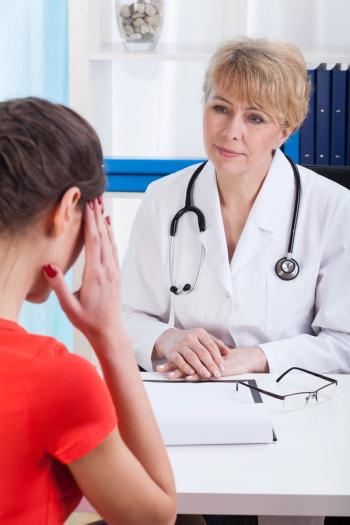
Suicide contagion and clusters are more likely among young people in contained communities such as college campuses.

Setting the record straight on what the literature does and does not say about long-term use of antipsychotics.
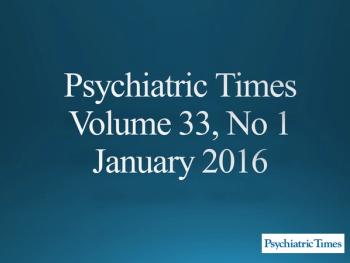
Stories covered in the January issue included gun violence, physician burnout and depression, mental health/HIV, young adult psychiatry, women's issues, and other topics of interest to clinicians.

Many teens believe the only way to escape bullying is "not to be here." The author examines recent studies that demonstrate the problem isn't going away.

We see yet another confirmation that thyroid hormone has value as an augmentation agent. What does this mean for our patients?
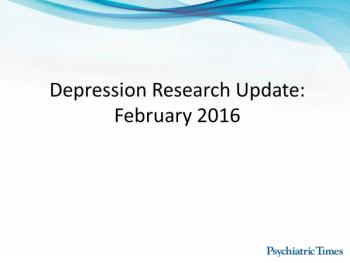
Three new studies show the effects of depression-and its treatment-on the brain.

This method of administration can mitigate the psychotomimetic and dissociative effects of ketamine.

The research on electronic aggression among college students indicates that it is highly prevalent, with over 93% of college students reporting some negative effects due to electronic victimization.

The authors examine the potential areas of concern during the postpartum period, as well as practical approaches to differential diagnosis and treatment.
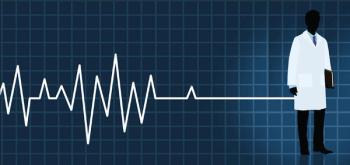
Could right-to-die laws result in people requesting death, even in the face of of potentially treatable health problems?